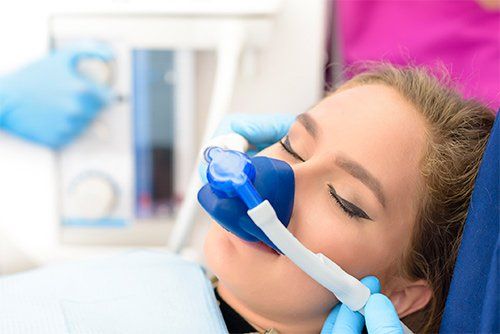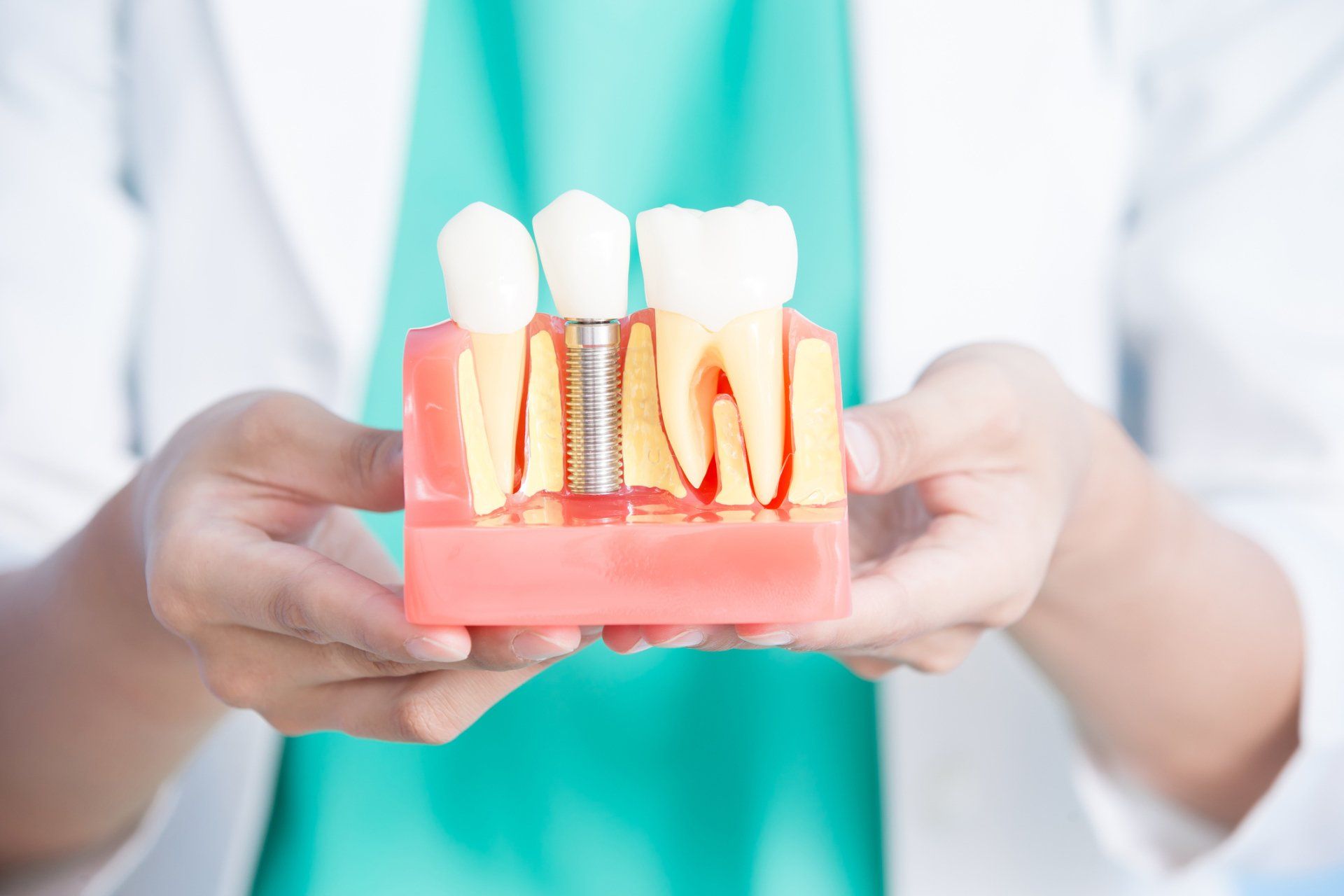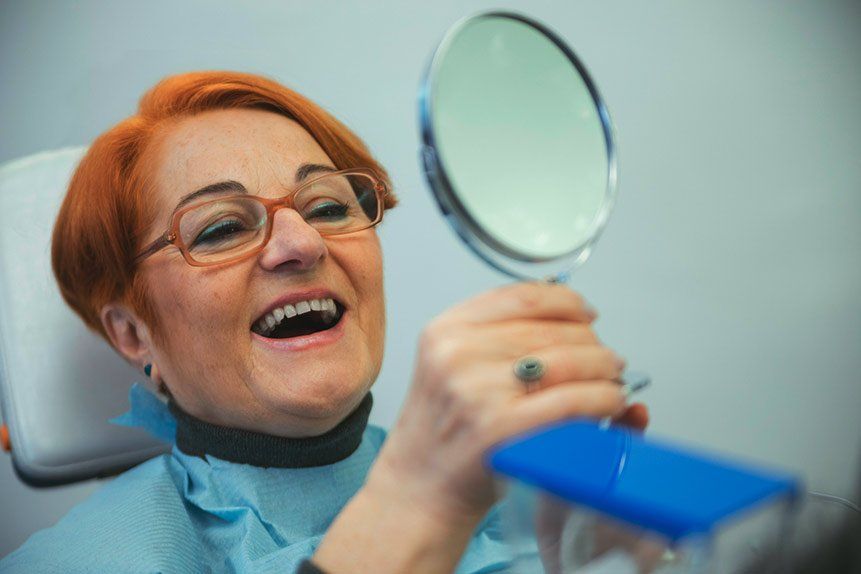All About Sedation Dentistry and Associated Safety Issues
- By Admin
- •
- 12 Feb, 2019
- •

Some people think dental sedation is a dangerous procedure that they should not undergo for any reason. In many cases, such people don't have complete or accurate information about sedation dentistry. Below is an overview of what sedation dentistry is, what the risks of sedation dentistry are, and how you can mitigate those risks.
What Sedation Dentistry Is
Sedation dentistry is a where the dentist administers a sedative to relax and calm you during a dental procedure. Some forms of dental sedation will knock you out completely, while other forms will merely relax you but won't knock you out completely.
Dental sedation is available in the form of an intravenous drug (that the dentist administers directly into your vein), a gaseous drug that you breathe in, or a drug that you take orally. Your dentist will explain to you the pros and cons of all options and advise you on the best one for you.
The Need for Sedation Dentistry
Sedation dentistry complicates or lengthens the dental treatment process, but it is necessary in some cases. Here are some of the reasons for sedation dentistry.
Deal With Dental Phobia
Some people fear the dentist or dental office so much that they can't even go for dental treatments or checkups. They fear the pain, the sight of the dental instruments, and even the sound the instruments (such as the drill) make. Sedation dentistry allows people with dental phobia to get dental treatment.
Prevent Dental Pain
Some dental procedures are so painful that you wouldn't be able to undergo them without medication. A dental implant treatment or a root canal procedure, for example, requires the pain management that sedation dentistry provides.
Provide Immobility
A delicate dental operation that requires precision can easily go wrong if the patient moves during the procedure. Sedation also keeps dental patients immobile so that they can receive treatment. Therefore, sedation dentistry goes a long way to enable safe and effective dental treatment.
The Safety Issues
In as much as sedation dentistry helps, it does have its risks, just like other dental or medical procedures. Some of the complications or side effects that dental sedation may trigger include:
- Cardiovascular (heart) complications due to overdose
- Chest pain as a result of inadequate oxygen
- Airway obstruction as a result of involuntary muscle spasms
- Headaches
- Dry mouth
- Dizziness
Many of the complications or side effects will go away after a short while. Other complications might require serious medical intervention or even cause long-term medical complications for you.
The Safety Precautions
Both dentists and dental patients have roles to play to reduce the risk of sedation dentistry. Below are some of the measures that may help:
- Only dentists or dental professionals who have been trained in sedation procedures should offer sedation dentistry services.
- Furnish your dentist with your entire medical history (include supplements and medications).
- Follow your dentist's or anesthesiologists instructions to the letter as you prepare for sedation.
- Listen to your dentist or anesthesiologist carefully, and ask as many questions as you think are relevant to make an informed decision.
The rest is up to your dental or medical team once you have done your part. You are unlikely to experience the risks associated with sedation dentistry, especially the serious risks, as long as professionals handle your sedation.
In short, the safety of dental treatment depends on your candidness with the dentist, ability to follow instructions, and your choice of dentist. At Premier Dentures and Implants, we promise you the best dental care possible from our team of experienced professionals. Contact us for all your dental needs whether you need routine dental care, dental surgery, or any other dental service.











